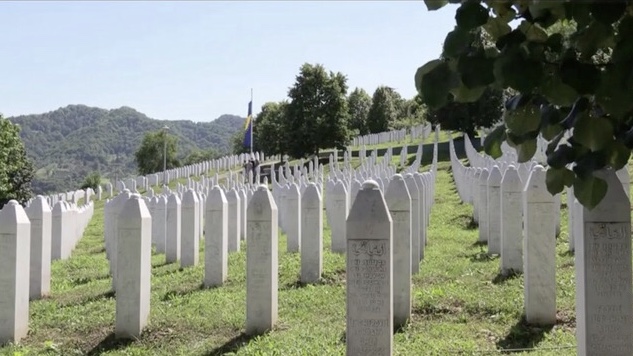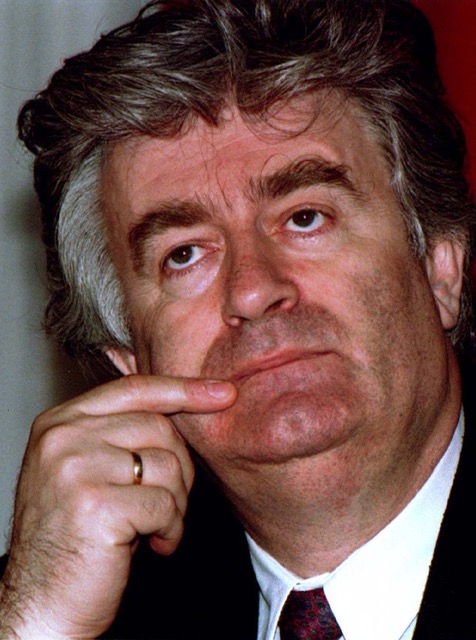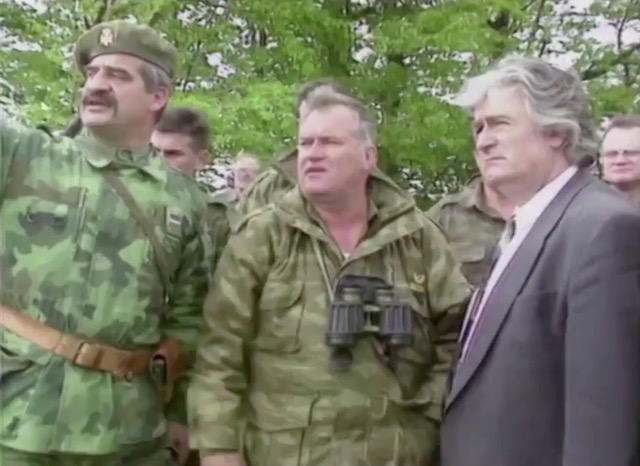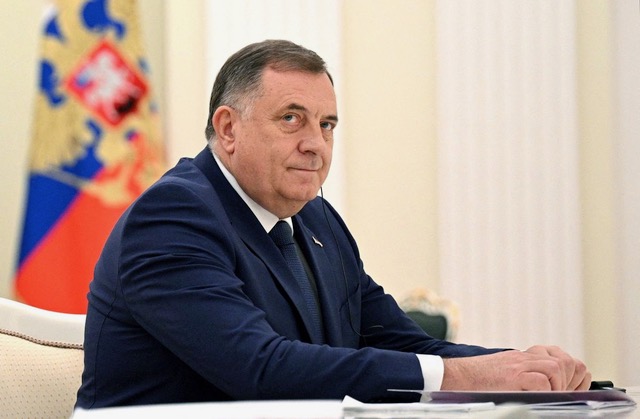On Monday 11th September, a court in Bosnia confirmed an indictment against Bosnian Serb separatist leader Milorad Dodik, on charges of defying decisions in accordance with the international peace agreement, issued by the senior international envoy for peace in the Balkan country, Christian Schmidt.
Dodik is charged with consistently and repeatedly engaging in actions to separate his Serb-dominated region from Bosnia during a two-year period. During this time, he regularly refused to acknowledge or recognise the legitimacy of his political opponents and other Western ambassadors to Bosnia – where around 100,000 people died in the 1992-95 war. If he is found guilty of the indictment, he could face up to 5 years in prison.
The Serbian Leader, Dodik refuses to recognise the authority of the Higher Representative
Dodik has since dismissed the indictment as politically motivated. Addressing a news conference in the Serb entity’s capital, he said:
‘We dismiss indictments against the president of the Serb Republic and others as politically motivated. The court and prosecution are not constitutional categories but were imposed by a High Representative and we cannot count on them working in an objective manner’
Milorad Dodik, also declared that the Higher Representative, Christian Schmidt, had been banned from entering the Serb entity. Protesters then assembled at the boundary line between the two autonomous regions separating the Serbs from the Croats and Bosniaks, chanting their support for Dodik and rejecting the legitimacy of the court.
The office of the international High Representative, a post originally held by UK national, Lord Paddy Ashdown, from 2002 until 2006, is responsible for overseeing implementation of the Dayton treaty and is vested with powers to impose laws and sack officials seen as obstructing the peace.
Five former Bosnian Serb Army Officers arrested on charges of genocide
The Dodik event occurred in the same week as the arrest was announced of five former Bosnian Serb Army Officers, by the Bosnian state court/the Bosnian State Investigation and Protection Agency. They were charged with the ‘capture and murder of 70 Bosniak men and boys, as well as one woman on July 15, 19, and 23 1995 at Jarovilje in the Vlasenica and Bileca areas’. Ratko Vujovic, Milovan Ognjenovic, Vitomir Pepic, Ljubomir Vlacic and Zeljko Dupljan, were also charged with activities to remove the bodies of the people who were killed, including making arrangements to obtain machinery for the task.
UN Report warns of growing tensions in the Balkans
Alarm bells have been ringing for some time in the region, but more acutely during the summer of 2023, with the election of Albanian Mayors in predominantly Serbian districts of Kosovo. The latest spate of indictments and arrests will no doubt raise concerns from international parties, not least the United Nations, which in a recent report warned that tensions are once again reaching pre 1995 levels in the Bosnia/Balkan region of former Yugoslavia.
Serbs have been threatening to break away from the protocols of the Dayton Accord, which ended the three and a half year conflict. The Accords have largely been responsible for ensuring 27 years of peace in the region, although most would agree that beneath the surface, there has always remained a lingering ethnic resentment to maintain power and a discriminatory status quo. The political climate in the region, it is said, is defined by those who promote ‘revisionism, denial of genocide, the glorification of war criminals, and attempts to undermine the legitimacy of the International Criminal Tribunal for the former Yugoslavia’.
Background
The Bosnian war was the worse conflict in Europe since World War 2. It resulted in the deaths of more than 100,000 citizens and displaced more than 2 million more. It is infamously remembered for its genocidal slaughter of 8,000 Muslim men and boys in Srebrenica.

Radovan Karadžic, the supreme commander of the Bosnian Serb armed forces and one of his commanders, Ratko Mladic, were subsequently tried and sentenced to life imprisonment by the International Criminal Tribunal in the former Yugoslavia, for crimes against humanity and genocide.

In the summer of 2023, in a landmark case, two former allies and subordinates of the late Serbian President Slobodan Milosevic (who was indicted for war crimes, but died in his cell before sentence could be pronounced), Jovica Stanisic and Franko Simatovic, actually had their sentences extended on appeal from 12 to 15 years. The result of their trial was hailed as historic, as for the first time it established that the government of the state of Serbia, was complicit in war crimes – due to the role of these two figures in financing and training Serb militias, which were directly involved in war crimes.



















